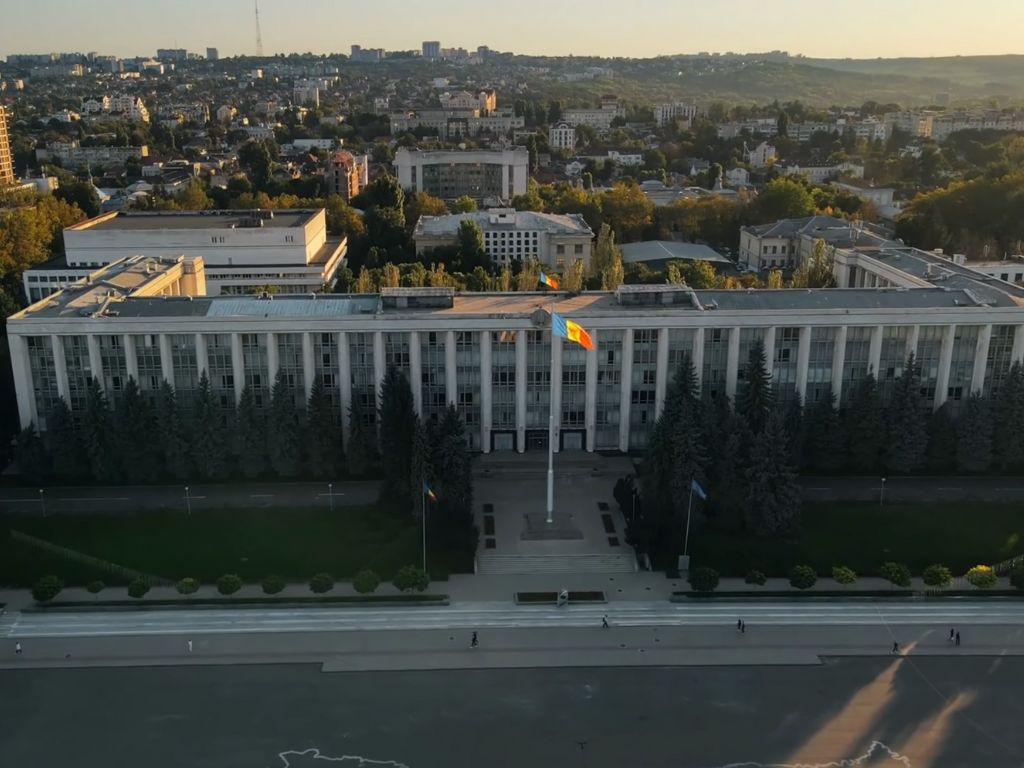Did you know that Moldova, nestled in the heart of Eastern Europe, has witnessed a 30% increase in tourism from the United States in the past two years? As more American travelers discover the rich cultural tapestry and natural beauty of this captivating country, the US government has issued a critical Moldova Travel Advisory to ensure the safety and well-being of its citizens. This advisory provides invaluable insights into the current security situation, entry and exit requirements, transportation challenges, and health considerations for those planning to explore this fascinating destination.
As someone who has always been drawn to the allure of Eastern Europe, the news of this Moldova Travel Advisory hit close to home. I couldn’t help but reflect on my own experiences traveling through the region, where I was constantly struck by the warmth and hospitality of the local people, the vibrant blend of influences, and the stunning landscapes that seemed to unfold around every corner. However, the reality is that Moldova, like any destination, comes with its own set of unique challenges and considerations that travelers must be aware of to ensure a safe and enjoyable journey.
Key Takeaways
- The US government has issued a Level 2 Travel Advisory for Moldova, recommending increased caution due to the unresolved conflict in the Transnistria region.
- Travelers should be aware of the ongoing impact of the Russian invasion of Ukraine and the refugee situation in Moldova.
- Entry and exit requirements include a valid passport with at least 6 months of remaining validity and no visa requirement for stays up to 90 days.
- Road conditions and driving hazards, as well as the threat of crime and scams, are key safety concerns for visitors to Moldova.
- Travelers should ensure they are up to date on recommended vaccinations and familiarize themselves with local laws and customs to have a safe and enjoyable experience.
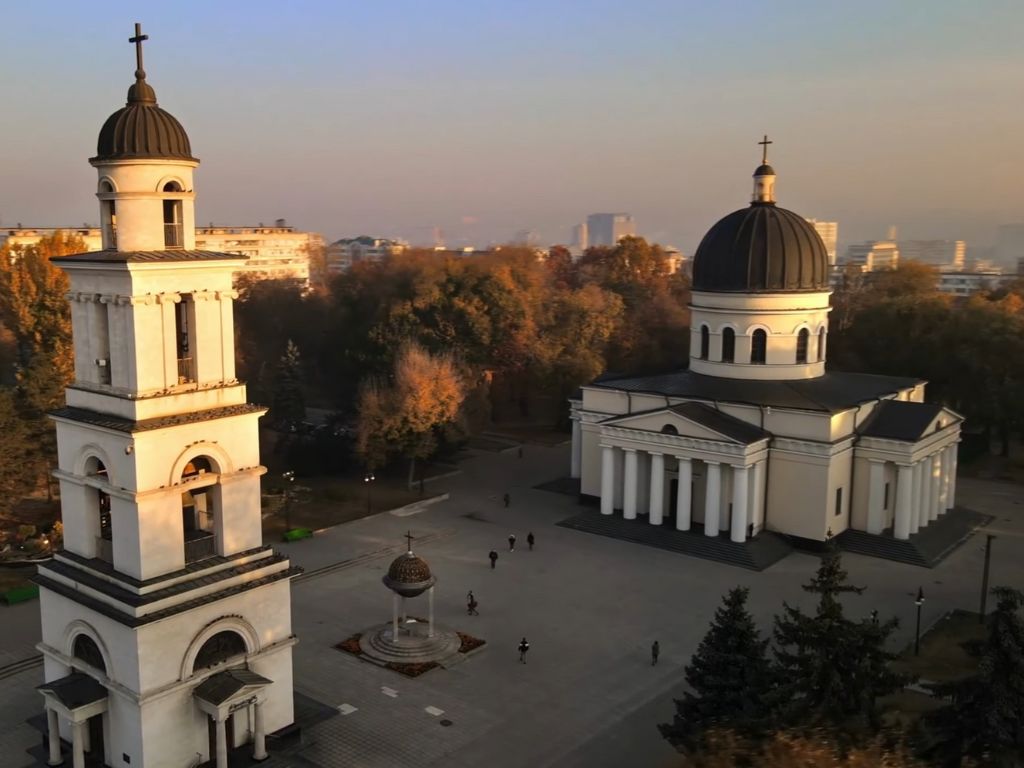
Country Summary and Safety Overview
Travelers to Moldova should exercise increased caution due to the unresolved conflict in the Transnistria region and the ongoing impact of the Russian invasion of Ukraine. The Moldovan government has declared a state of emergency in response to the refugee situation stemming from the war in neighboring Ukraine.
Transnistria Breakaway Region
Transnistria is a breakaway region in eastern Moldova that is not under the control of the Moldovan government. The security situation in Transnistria is unstable and unpredictable, and the US government advises against all travel to this area due to the risk of armed conflict.
Impact of Russia’s Invasion of Ukraine
The Russian invasion of Ukraine has had a significant impact on the security environment in Moldova, particularly in the Transnistria region. There is a heightened risk of spillover effects from the conflict, and the Moldovan government has taken steps to enhance security and prepare for potential humanitarian crises.
Refugee Situation and State of Emergency
Moldova has seen a large influx of refugees from Ukraine since the start of the Russian invasion. In response, the Moldovan government has declared a state of emergency, which has implications for travel and transportation within the country.
Travel Advisory Levels
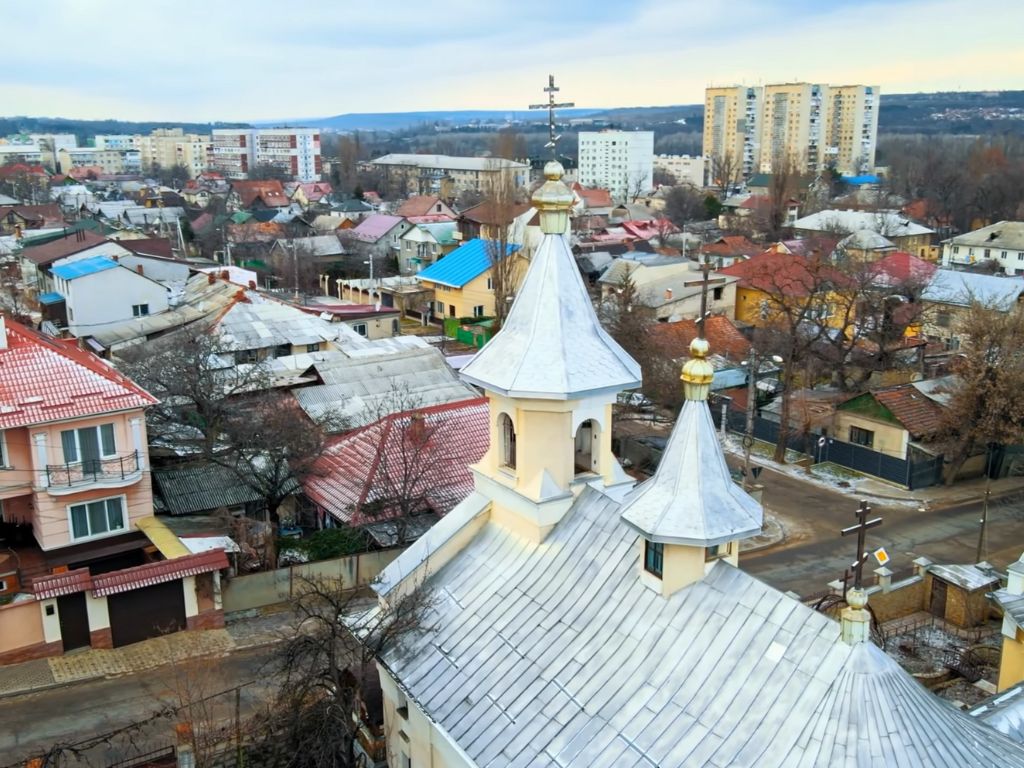
The US government has issued a Level 2 Travel Advisory for Moldova, which means travelers should exercise increased caution due to the unresolved conflict between the central government and the breakaway region of Transnistria. The Moldovan government has been actively monitoring the situation and providing updates to the public regarding the Moldova Travel Advisory levels.
Exercise Increased Caution in Moldova
The State Department advises US citizens to exercise increased caution when traveling to Moldova, as the security situation remains volatile, particularly in the Transnistria region. Travelers should stay informed about the latest Moldovan government alerts and exercise vigilance in public places and when using public transportation.
Reconsider Travel to Transnistria
The Transnistria region, which is not under the control of the Moldovan government, is rated as a Level 3 Travel Advisory, meaning US citizens should reconsider travel to this area due to the significant security risks. The Transnistria travel warnings highlight the potential for armed conflict and the unpredictable nature of the situation in the region.
Entry and Exit Requirements
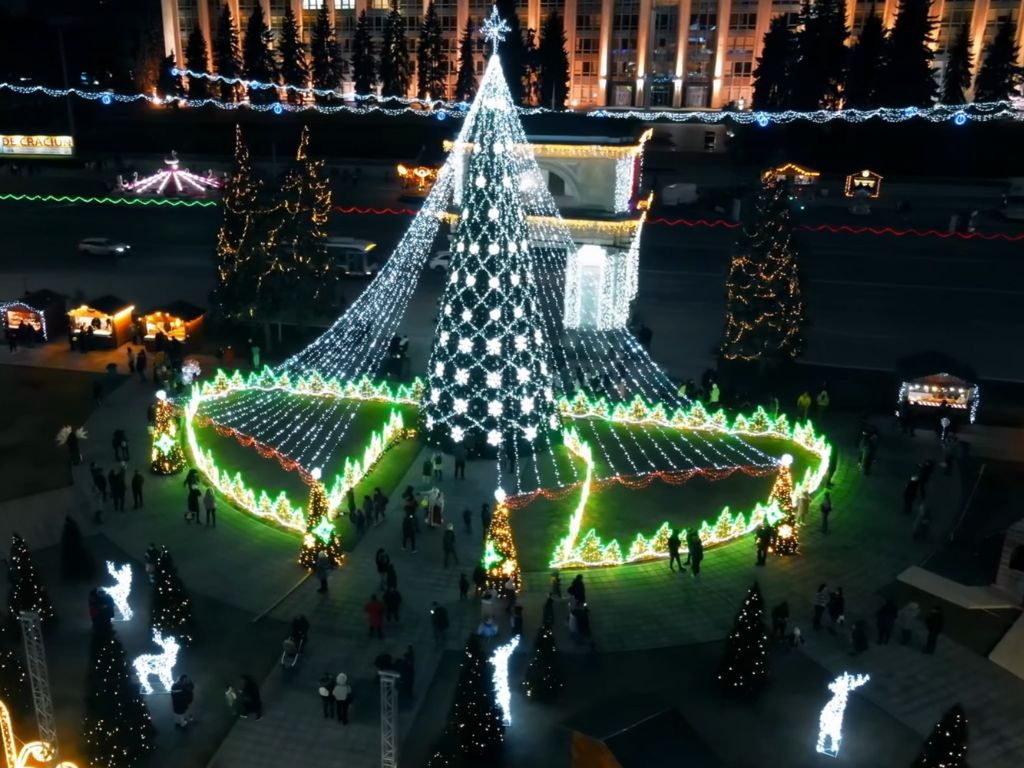
Travelers to Moldova must ensure their passports have at least 6 months of validity remaining beyond their expected departure date. A visa is not required for American citizens visiting Moldova for up to 90 days within a 6-month period for tourism, business, or student purposes. However, those planning to travel from the Transnistria region must register their trip with the Moldovan authorities prior to departure to ensure a smooth re-entry into the country.
Passport Validity
All US citizens visiting Moldova must have a valid passport with at least 6 months of validity remaining beyond their planned departure date. This requirement aligns with Moldova’s entry requirements and helps ensure travelers can smoothly exit the country at the end of their trip.
Visa Requirements
For visits to Moldova of 90 days or less within a 6-month period, American tourists, business travelers, and students do not require a visa. This Moldovan visa policy is designed to facilitate short-term travel to the country. However, those planning to stay longer or engage in activities beyond tourism, business, or study should consult the Moldovan embassy or consulate for the appropriate visa requirements.
Registration for Travel from Transnistria
Travelers intending to visit the breakaway region of Transnistria must register their trip with the Moldovan authorities prior to departure. This registration process helps ensure a seamless re-entry into the country upon returning from the Transnistria area, which has travel restrictions in place.
Moldova Travel Advisory
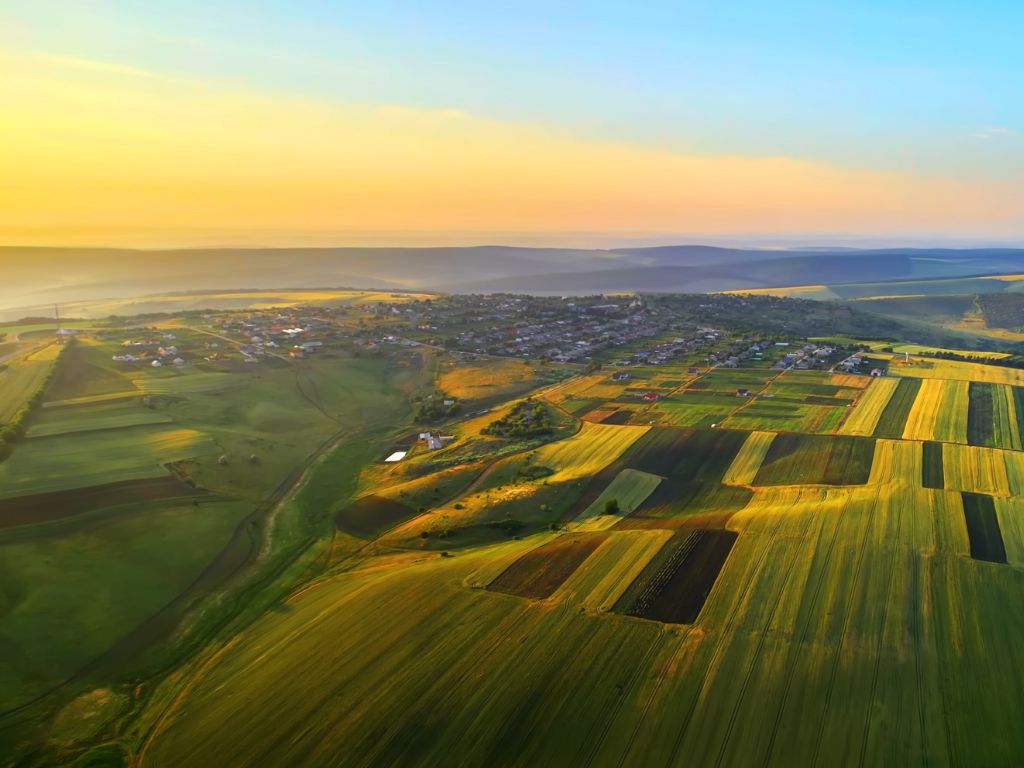
Crime and Safety Concerns
The US government advises increased caution when traveling in Moldova due to the threat of crime, including petty theft and violent crime targeting foreigners. Moldovan safety tips should be followed, as organized crime is also widespread in the country, with criminal groups often operating in casinos and nightclubs.
Terrorism Threat
While the overall risk of terrorism in Moldova is considered low, the Transnistria region poses increased security risks. Travelers should exercise caution and remain vigilant, especially when visiting areas near the Transnistria border, as the potential for armed conflict in the region remains a concern.
Fraud and Scams
Moldovan fraud alerts are important for visitors to be aware of, as scams targeting foreigners, such as taxi overcharging, credit card skimming, and counterfeit currency exchanges, are common in the country. Travelers should be cautious when conducting financial transactions and use reputable providers to avoid falling victim to these crimes.
Transportation and Road Safety
Navigating the transportation landscape in Moldova can be a challenge for visitors, but understanding the local conditions can help ensure a safe and efficient journey. The Moldova transportation guide highlights the importance of being aware of the country’s road conditions and public transit options.
Road Conditions and Driving Hazards
Roads in Moldova are generally poorly maintained, with limited signage and lighting. Drivers in the country can be aggressive, and accidents are common, especially due to the prevalence of Moldovan road safety issues like drinking and driving. The US government advises avoiding driving after dark whenever possible to minimize the risks associated with these hazardous road conditions.
Public Transportation Options
For those looking to navigate Chisinau public transit or explore other areas of Moldova, public transportation options are available, though they may not always be the most reliable or comfortable. Buses, minibuses, and trolleybuses operate in the capital city of Chisinau and other major urban centers, providing a relatively affordable way to get around. However, travelers should be prepared for crowded conditions, infrequent schedules, and potential language barriers when using these public transit systems.
Health and Medical Considerations
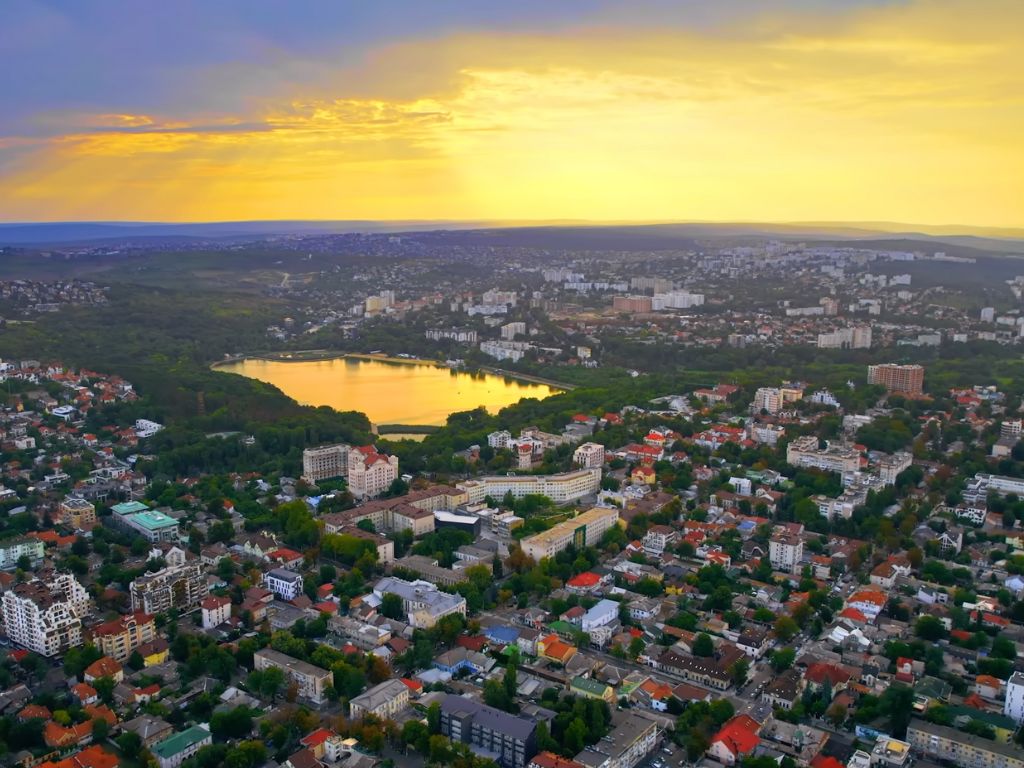
When planning a trip to Moldova, it’s important for travelers to be aware of the country’s health and medical requirements. Ensuring proper vaccination coverage and staying informed about the current COVID-19 situation can help ensure a safe and healthy journey.
Vaccinations and Travel Health
Travelers to Moldova should ensure they are up to date on routine vaccinations, such as measles-mumps-rubella (MMR), diphtheria, tetanus, and polio. Additional vaccines, such as hepatitis A and B, may be recommended depending on the traveler’s itinerary and activities. It’s advisable to consult with a healthcare provider or travel health specialist to determine the appropriate vaccination plan for your trip to Moldova.
COVID-19 Situation
The COVID-19 pandemic has had a significant impact on travel to Moldova. Travelers should stay informed about the latest COVID-19 updates and entry requirements for Moldova, as these can change frequently. It’s recommended to check the U.S. Embassy in Moldova’s website and the Centers for Disease Control and Prevention (CDC) for the most up-to-date information on COVID-19 restrictions and precautions for Moldova.
Laws, Culture, and Natural Disasters
Travelers to Moldova should familiarize themselves with the country’s local laws and cultural norms to ensure a smooth and respectful experience. For instance, Moldovan cultural norms dictate that it is generally considered impolite to take photographs of military facilities or security forces without prior permission. Flouting this protocol could result in trouble with the authorities.
Additionally, Moldovan laws for tourists prohibit certain behaviors, such as public intoxication and the use of recreational drugs. Visitors should be mindful of these regulations and conduct themselves accordingly to avoid any legal complications during their stay.
Natural Disaster Risks
Moldova is also prone to natural disaster preparedness in Moldova, such as floods and severe storms. Travelers should stay informed about the current weather conditions and be prepared to follow any emergency instructions from local authorities. Familiarizing oneself with the appropriate safety protocols can help ensure a safe and enjoyable trip, even in the face of unpredictable natural events.
Conclusion
The US government’s Moldova Travel Advisory provides essential guidance for American citizens planning to visit the country. Travelers should exercise increased caution due to the unresolved conflict in the Transnistria region and the ongoing impact of the Russian invasion of Ukraine. Key considerations include entry and exit requirements, safety and security concerns, transportation challenges, and health and medical precautions. By being informed and prepared, travelers can have a safe and enjoyable experience exploring the rich culture and natural beauty of Moldova.
The US government’s Moldova Travel Advisory offers a comprehensive overview of the important factors to consider when planning a trip to the country. By reviewing the advisory and taking the necessary precautions, American visitors can navigate Moldova with confidence and make the most of their travel experience. Whether exploring the historic capital of Chisinau, indulging in the renowned Moldovan wine industry, or discovering the rural charms of the countryside, this advisory provides the essential information to ensure a safe and memorable journey.
In summary, the US government’s Moldova Travel Advisory is a valuable resource for American travelers, highlighting the current security situation, entry and exit requirements, transportation and safety concerns, and health considerations. By heeding the advice provided in the advisory, visitors can enjoy the unique cultural and natural wonders of Moldova while prioritizing their safety and well-being. The advisory serves as a valuable guide for those seeking to explore the Eastern European nation, offering a comprehensive overview of the essential factors to consider for a successful and informed trip.
FAQ
What is the current security situation in Moldova, especially in the Transnistria region?
The security situation in Moldova, particularly in the breakaway region of Transnistria, is unstable and unpredictable. Transnistria is not under the control of the Moldovan government, and there is a risk of armed conflict in the region, especially since the Russian invasion of Ukraine. The US government advises against all travel to Transnistria.
What is the overall travel advisory level for Moldova?
The US government has issued a Level 2 Travel Advisory for Moldova, which means travelers should exercise increased caution due to the unresolved conflict between the central government and the breakaway region of Transnistria. The Transnistria region specifically is rated as a Level 3 Travel Advisory, meaning US citizens should reconsider travel to this area due to the security risks.
What are the entry and exit requirements for US citizens traveling to Moldova?
US citizens traveling to Moldova must have a passport that is valid for at least 6 months beyond the date of their expected departure. A visa is not required for tourist, business, or student travel to Moldova for up to 90 days within a 6-month period.
What are the main safety and security concerns for travelers in Moldova?
Travelers to Moldova should exercise increased caution due to the threat of crime, including petty theft and violent crime targeting foreigners. Organized crime is also widespread in the country, with criminal groups often operating in casinos and nightclubs. The US government advises avoiding driving after dark whenever possible due to the poor road conditions and aggressive driving habits.
What health and medical precautions should travelers to Moldova take?
Travelers to Moldova should ensure they are up to date on routine vaccinations, such as measles-mumps-rubella (MMR), diphtheria, tetanus, and polio. Additional vaccines, such as hepatitis A and B, may be recommended depending on the traveler’s itinerary and activities. Travelers should also familiarize themselves with the COVID-19 situation in the country.
What cultural and legal considerations should travelers be aware of in Moldova?
Travelers to Moldova should familiarize themselves with local laws and customs to avoid inadvertently causing offense or breaking the law. For example, taking photographs of military facilities and security forces is prohibited and may result in trouble with the authorities. Travelers should also be aware of natural disaster risks, such as floods and earthquakes, that can occur in the region.
Source Links
- https://travel.state.gov/content/travel/en/traveladvisories/traveladvisories.html/
- https://travel.gc.ca/destinations/moldova
- https://travel.state.gov/content/travel/en/traveladvisories/traveladvisories/moldova-travel-advisory.html

